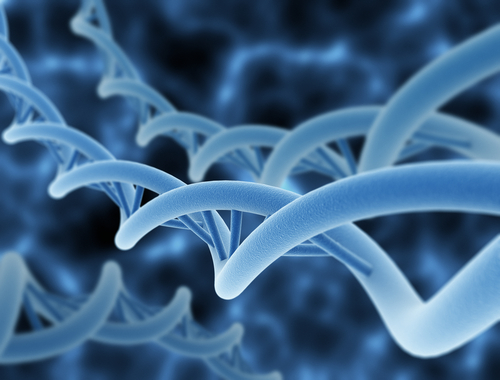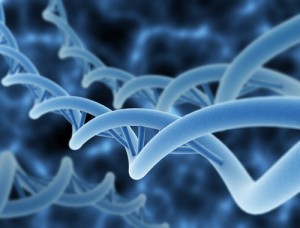Researchers Gain New Insights Into Heritable PAH

 Scientists continue to research the various environmental and lifestyle risk factors associated with PAH. Now, new research is revealing additional clues into how a person’s own genetics can predispose them to developing the disease.
Scientists continue to research the various environmental and lifestyle risk factors associated with PAH. Now, new research is revealing additional clues into how a person’s own genetics can predispose them to developing the disease.
A recent review entitled “Genetics of pulmonary hypertension” published in November issue of Current Opinion in Cardiology reports updated data on genetic causes of heritable predisposition to pulmonary arterial hypertension and its impact in clinical advice and therapeutics.
[adrotate group=”4″]
Pulmonary hypertension is characterized by increased blood pressure in lung vasculature, leading to shortness of breath and dizziness and frequently escalating to severe disease that includes heart failure. While pulmonary arterial hypertension (PAH), one of the five types of pulmonary hypertension, is an uncommon disorder, identifying patients with mutations that increase PAH risk is an important tool for early detection and guided therapeutics. In this new opinion, the authors collected research completed over the last 15 years that resulted in the identification of many genetic mutations that cause heritable PAH.
[adrotate group=”3″]
While the majority of inheritable PAH is caused by mutations in the Bmpr2 gene (short for bone morphogenetic protein receptor type II), further investigations identified PAH in families without Bmpr2 mutations. These include the type I receptor Acvrl1 gene, the type III receptor Eng gene, the Cav1 gene (caveolin-1), and the Kcnk3 gene (a member of the superfamily of potassium channels). Mutations found in these genes cause autosomal-dominant predisposition to develop PAH. More recently, a new set of mutations in the Eif2ak4 gene was found to cause pulmonary capillary hemangiomatosis (PCH) and pulmonary veno-occlusive disease (PVOD), both associated with PAH.
Thus, the discovery of new mutations allows for wide-screen genetic testing and counseling of patients with familiar IPAH, PCH and PVOD and identifies pathways for future therapeutic targets that could help to not only treat the symptoms of PAH, but also the underlying causes.







